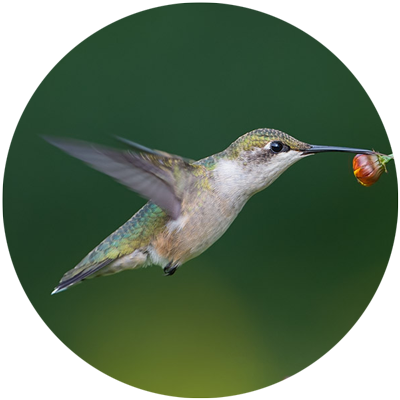
Climate Change & Conservation eNews
Wildife
Home > Climate News > Climate News: Wildlife
Sorry, we couldn't find any posts. Please try a different search.



Home > Climate News > Climate News: Wildlife
Sorry, we couldn't find any posts. Please try a different search.
